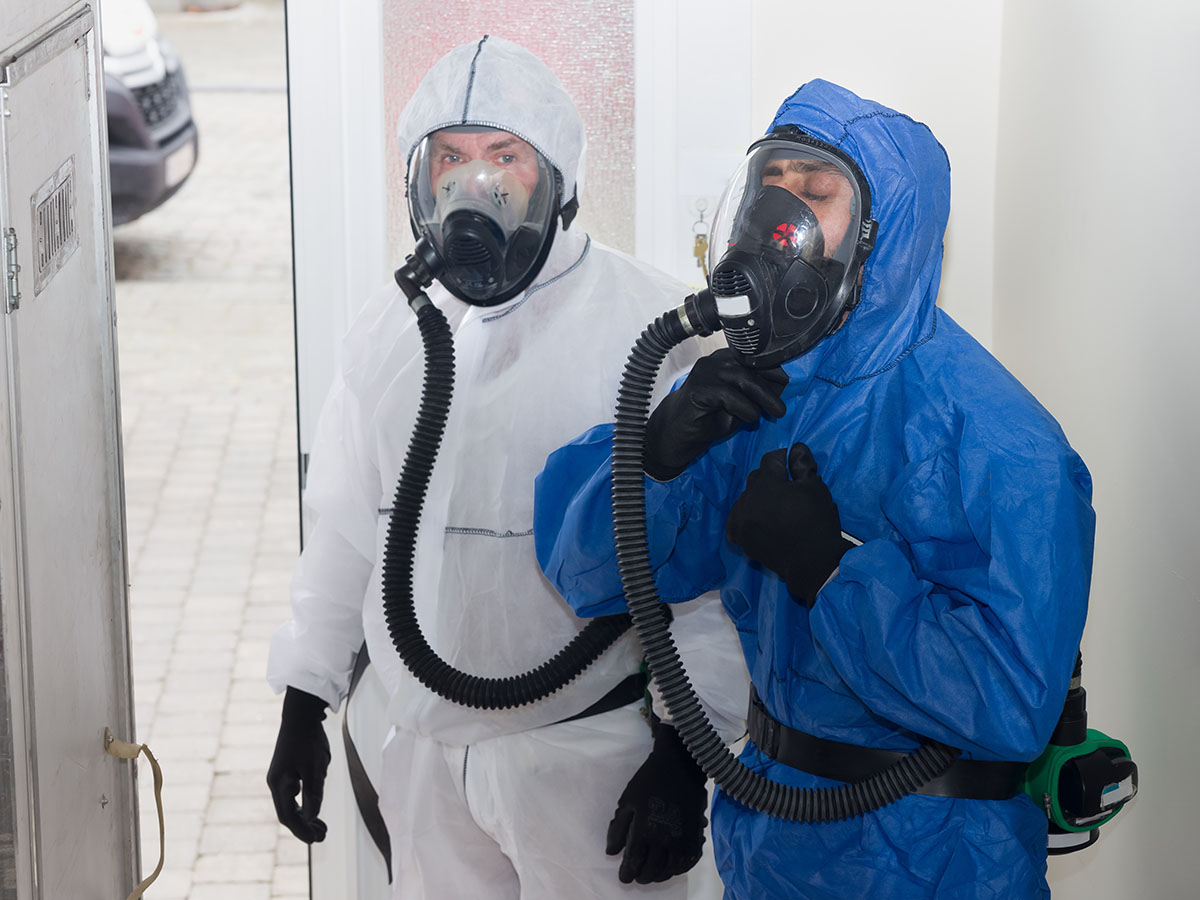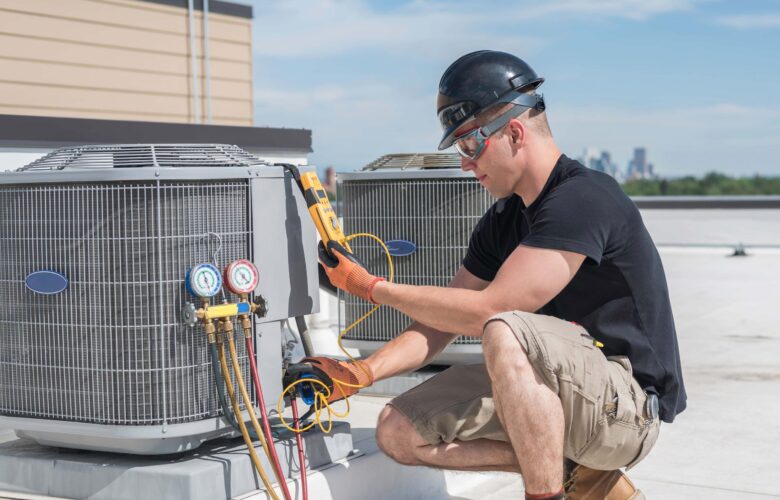Historical Use Of Asbestos
Asbestos was widely used in home heating systems for its heat resistance and insulation properties. Many homes built before the 1980s may still contain asbestos in various components, such as:
Insulation around pipes
Furnace insulation
Ductwork
Floor tiles
This historical use has left a legacy of potential exposure, especially in older homes.
Health Risks Associated With Asbestos
Exposure to asbestos can lead to serious health issues, including:
Mesothelioma: A rare cancer primarily linked to asbestos exposure.
Lung cancer: Increased risk for those who have inhaled asbestos fibers.
Asbestosis: A chronic lung condition caused by inhaling asbestos fibers.
The dangers of asbestos are particularly concerning for veterans who may have been exposed during their service.
Regulations Surrounding Asbestos
In response to the health risks, regulations have been established to limit asbestos use. Key points include:
The Environmental Protection Agency (EPA) has set guidelines for asbestos removal and management.
Many states have their own regulations regarding asbestos in buildings.
Homeowners are encouraged to have their heating systems inspected for asbestos, especially if they live in older homes.
Understanding these aspects of asbestos in home heating systems is crucial for ensuring safety and health, particularly for veterans who may be at higher risk due to their service-related exposure. For more information on the asbestos used in the military – learn the risks of service, veterans can refer to specialized resources.
Veterans At Risk Of Asbestos Exposure
Occupational Hazards In Military Service
Veterans from all branches of the military face significant risks of asbestos exposure due to the extensive use of this material in military operations. Asbestos was commonly used for its durability and fire resistance, especially in:
Shipbuilding: Many ships contained asbestos in engine rooms, insulation, and flooring.
Construction: Asbestos was used in barracks and other military buildings.
Maintenance: Roles such as machinery technicians often involved handling asbestos-laden equipment.
Common Military Roles Exposed To Asbestos
Certain military occupations are particularly at risk for asbestos exposure, including:
Shipyard Workers: Involved in building and repairing vessels, these workers faced high levels of exposure.
Marine Inspectors: Often worked in poorly ventilated areas, increasing their risk of inhaling asbestos fibers.
Machinery Technicians: Handled machinery parts that contained asbestos, leading to daily exposure.
Impact Of Asbestos Exposure On Veterans
The long-term effects of asbestos exposure can be severe. Many veterans may develop mesothelioma, a type of cancer linked to asbestos, often decades after their service. It is crucial for veterans to be aware of their exposure history and to discuss any health concerns with their healthcare providers. Regular check-ups can help in early detection and treatment of asbestos-related diseases.
Veterans should also be informed about their rights and the benefits available to them due to their exposure during military service. Understanding these risks and taking proactive steps can significantly impact their health and well-being.
Symptoms Of Asbestos-Related Diseases
Long Latency Period Of Symptoms
Asbestos-related diseases often take a long time to show symptoms. It can take anywhere from 20 to 50 years after exposure for signs to appear. This means that veterans may not notice any health issues until many years after their service.
Common Symptoms To Watch For
Veterans who have been exposed to asbestos should be aware of the following symptoms:
Shortness of breath: Difficulty breathing can be a sign of lung damage.
Chronic cough: A persistent cough that does not go away may indicate a problem.
Chest pain: Pain in the chest area can be linked to lung issues.
Fatigue: Feeling unusually tired can be a symptom of various health problems.
Weight loss: Unexplained weight loss should be taken seriously.
Fluid buildup: This can occur around the lungs, leading to pleural effusion.
Importance Of Regular Health Check-Ups
Regular health check-ups are crucial for veterans who may have been exposed to asbestos. Early detection of symptoms can lead to better treatment options. Veterans should discuss their exposure history with their healthcare providers and undergo appropriate screenings to monitor their lung health.
Navigating VA Benefits For Asbestos Exposure
Eligibility Criteria For VA Benefits
Veterans who have been exposed to asbestos during their service may qualify for VA benefits. To be eligible, they must:
Have an honorable discharge from military service.
Provide proof of asbestos exposure during their time in service.
Present medical records that confirm a diagnosis related to asbestos exposure.
Filing A Claim For Asbestos-Related Illnesses
To file a claim, veterans should follow these steps:
Complete VA Form 21-526, which is the application for disability compensation.
Gather necessary documents, including:
A summary of asbestos exposure detailing when and where it occurred.
Discharge paperwork.
Medical records that confirm the diagnosis.
Submit the claim either online, by mail, or in person at a VA office.
After submission, veterans will receive a confirmation of their claim.
Documentation Required For Claims
When filing a claim, veterans need to provide specific documents:
Medical records that detail the illness or disability.
Service records that outline the veteran’s job or specialty.
A doctor’s statement linking the illness to asbestos exposure during military service.
Providing thorough documentation can help speed up the claims process and improve the chances of approval.
Preventive Measures For Veterans
Identifying Asbestos In Homes
Veterans should be aware of the potential presence of asbestos in older homes. Here are some steps to identify it:
Check the age of the home: Homes built before the 1980s are more likely to contain asbestos.
Look for specific materials: Asbestos was commonly used in insulation, floor tiles, and roofing materials.
Consult professionals: If there is suspicion of asbestos, hiring a certified inspector is crucial for accurate testing.
Safe Removal And Remediation
If asbestos is found, it is essential to handle it safely. Here are recommended actions:
Do not disturb: Avoid touching or moving materials that may contain asbestos.
Hire experts: Always use licensed professionals for removal or remediation to ensure safety.
Follow regulations: Ensure that all removal processes comply with local and federal laws regarding asbestos disposal.
Regular Health Monitoring
Veterans exposed to asbestos should prioritize their health. Here are some tips for monitoring:
Schedule regular check-ups: Annual physical exams can help catch any potential issues early.
Discuss symptoms: Veterans should inform their doctors about any respiratory issues or unusual symptoms.
Get screenings: Chest X-rays and CT scans can be beneficial for early detection of asbestos-related diseases. Regular monitoring is vital, especially since symptoms may take decades to appear.
By taking these preventive measures, veterans can better protect their health and well-being against the risks associated with asbestos exposure.
Legal Support For Veterans Affected By Asbestos
Finding Experienced Asbestos Attorneys
Veterans who have been exposed to asbestos may need legal help to navigate their options. Here are some steps to find the right attorney:
Research: Look for lawyers who specialize in asbestos cases and have experience with veterans’ claims.
Consultations: Many attorneys offer free consultations. Use this opportunity to ask questions about their experience and approach.
Reviews: Check online reviews and testimonials from other veterans to gauge the attorney’s success and reliability.
Understanding Legal Rights
Veterans have specific rights when it comes to asbestos exposure. Key points include:
Compensation: Veterans may be entitled to financial compensation for health issues caused by asbestos.
VA Benefits: They can apply for benefits through the Department of Veterans Affairs for related illnesses.
Family Claims: Surviving family members may also have rights to claim benefits if the veteran has passed away due to asbestos-related diseases.
Compensation Options Available
There are several ways veterans can seek compensation:
VA Disability Benefits: Veterans can file for disability benefits if they have a service-related illness due to asbestos exposure.
Legal Claims: They can pursue legal claims against companies that manufactured or used asbestos products.
Settlements: Many cases are settled out of court, providing quicker compensation without a lengthy trial process.
Resources For Veterans Facing Asbestos Issues




